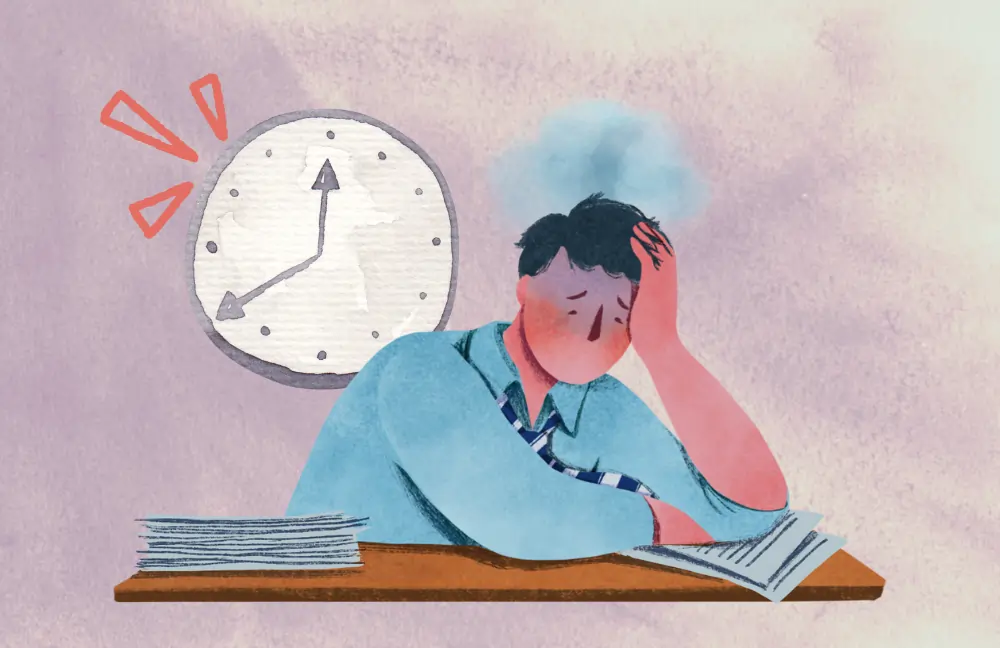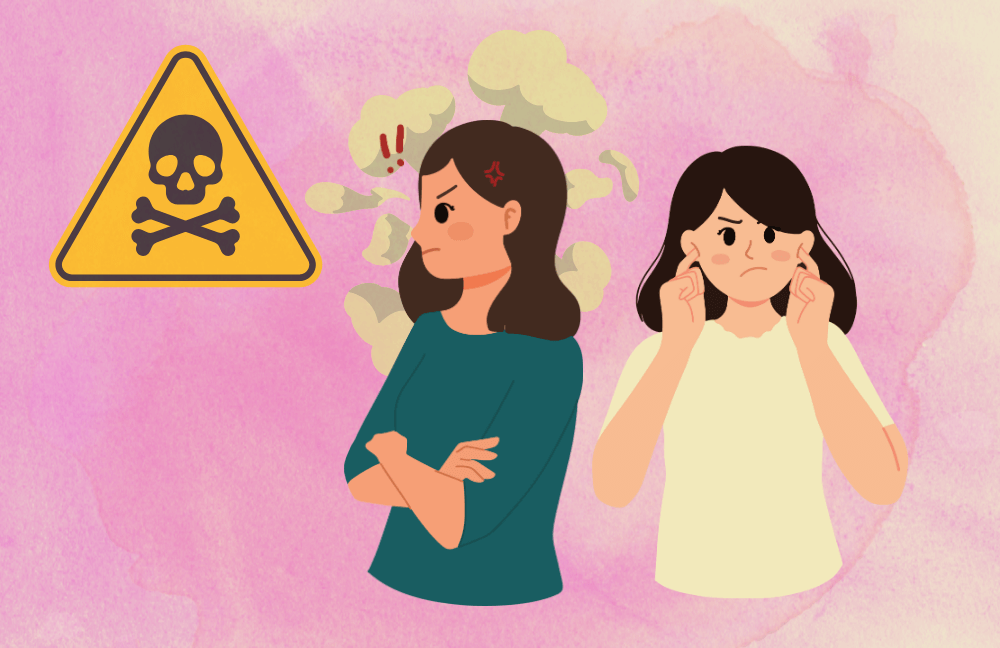
- Home
- About
- Book a Session
- Get Help
Personality
Relationships
Adult
Child
Schools
Corporates
- Do I need help?
- Trending
Body shaming is more than saying – I am fat or I am short or my nose is too big for my face. It’s persistent self-badgering that influences thinking, mood, and behavior, and is rooted in pitiless dissatisfaction with one’s appearance. We humans spend a large portion of our life preening ourselves in front of mirrors. Unlike convex or concave reflectors which distort our form, plane mirrors reveal exactly what we look like. Yet, surprisingly we see ourselves in diverse and inimitable ways when we look at the mirror. It tells us a different story from what really is.
Our body image is a sum of how our body looks, and also our outlook. As a result, we may conjure up images that aren’t true reflections. These fake ‘mirages’ are tinted with memories, attitudes, assumptions and generalizations. How we feel about our body shape, height, weight, nose, or hair, alters how our body appears to us. When you look at your reflection in the mirror next time, know that you are not seeing yourself. You are actually appraising the way you are feeling about yourself. It’s not about your body; it’s all about your self-confidence.
There are legitimate reasons why our vision of ourselves gets distorted. Our relationship with our own body begins very early in childhood. And is largely influenced by our parent’s appraisal of us and how we look. Parental approval of the appearance of themselves, neighbors, family members, or celebrities; also influences our ideation of how each one must look. And based on this learning, we begin to objectify our own body. We see each body part as unique – eyes, nose, hair, belly, legs, fingers etc. And we assess each part separately as ‘good’ or ‘bad’.
Women tend to see this objective element more and hence have more scope to be dissatisfied, as each object or part of the body must pass the test. For many women, being overweight is as if sinful. Men on the other hand see the whole as different from the sum of its individual parts and feel good about themselves in general if one or two factors about themselves are satisfactory. And often enough this may have nothing to do with the actual appearance of the body at all.
Your body has its own story that nobody else has heard. But you know it. It really doesn’t matter how you look. What matters is how you see yourself.”
- Shefali Batra

According to the social evaluation theory, our social standing can be threatened by potential negative evaluations from others. Society has narrow body ideas and sinister diet cultures. That is why we so frequently and continually feel scrutinized by others and think that being overweight is unacceptable.
This threat initiates as much stress hormone release as would often be seen in a life-threatening physical assault. When we sense deviation from our perceived societal body normal, we feel defective and assume stigma even though nobody officially awarded it to us. We shame ourselves more than the world does, because we mind read our spectators. In the eyes of others, we become unattractive, inept, incapable and sloppy. We assume our social audience is constantly berating us.
The fitting analogy to these relationships, is a roller coaster ride. On the incline it is calm. This is the time where one’s emotional needs are being met. Maybe the physical presence, phone calls or personal interactions with the partner are sufficient. Soon enough on the decline, insecurity creeps in with overwhelming emotional storminess. Neediness prevails with an on-going fear of rejection.
This fear of abandonment makes such a person clingy and anxious. At the same time, he or she gets trapped in the self-created web of dependence. The relationship feels incomplete even in the presence of the partner. These couples feel the shakiness and tumult all the time. There are paranoid fears, insecure allegations and random accusations. They don’t seem to enjoy with, or without each other. Insecurity and lack of trust typifies such relationships.
“You have been criticizing yourself for years, and it hasn’t worked. Try accepting yourself once and see what happens.”
- Shefali Batra
“If you weren’t you, nobody would even notice you. Celebrate your uniqueness. Today and every day”
- Shefali Batra





WhatsApp us